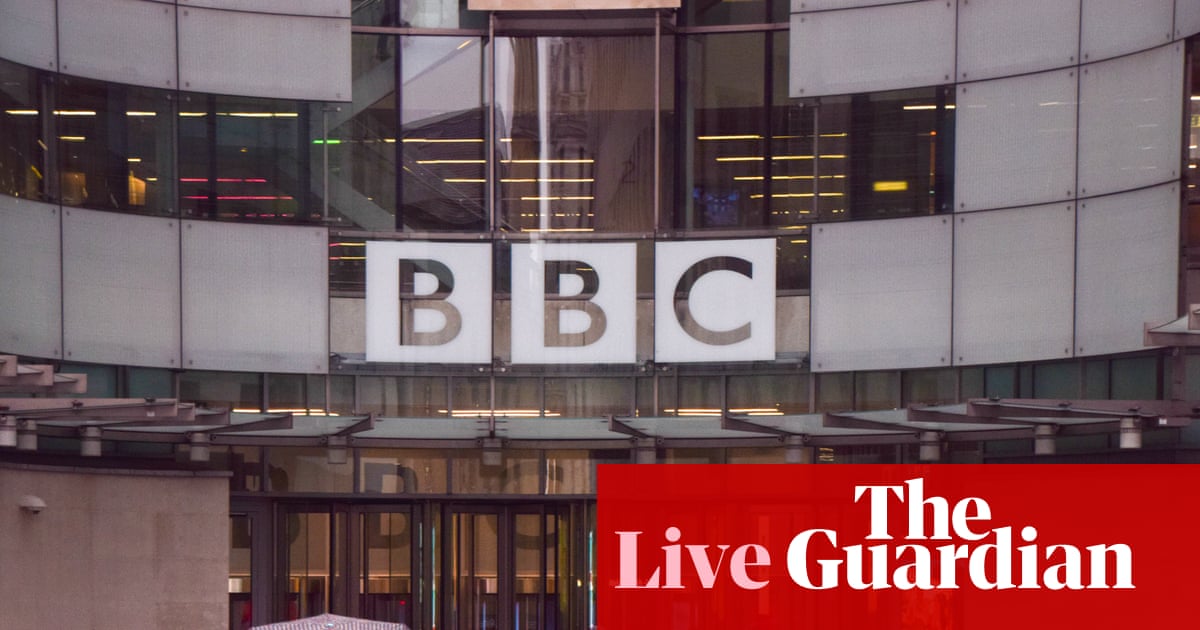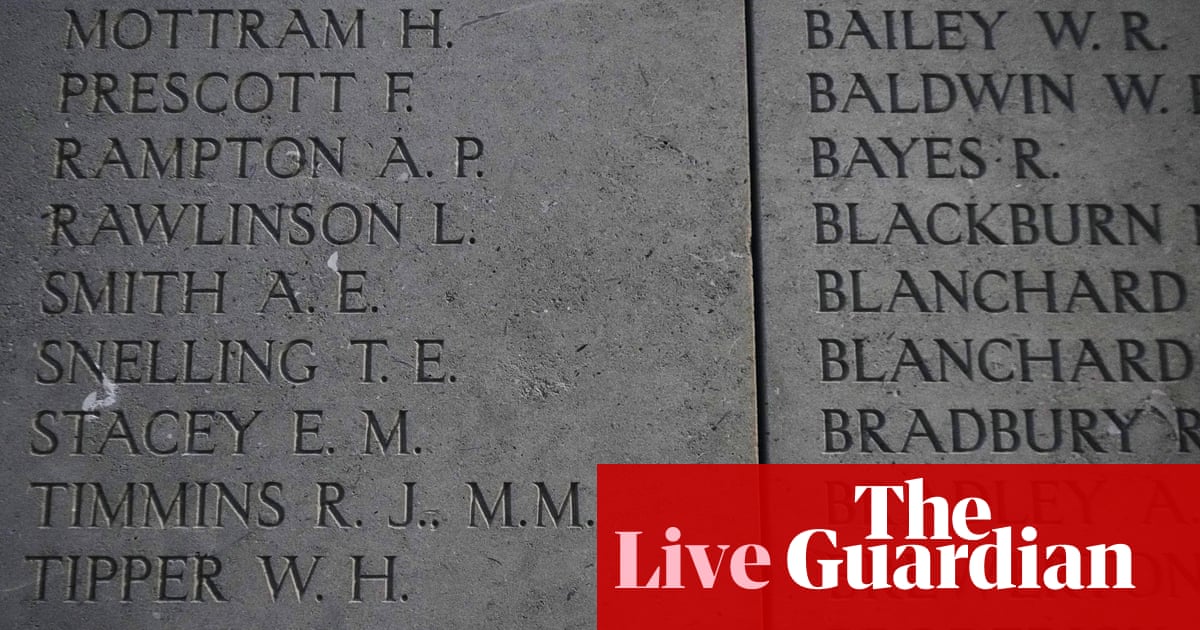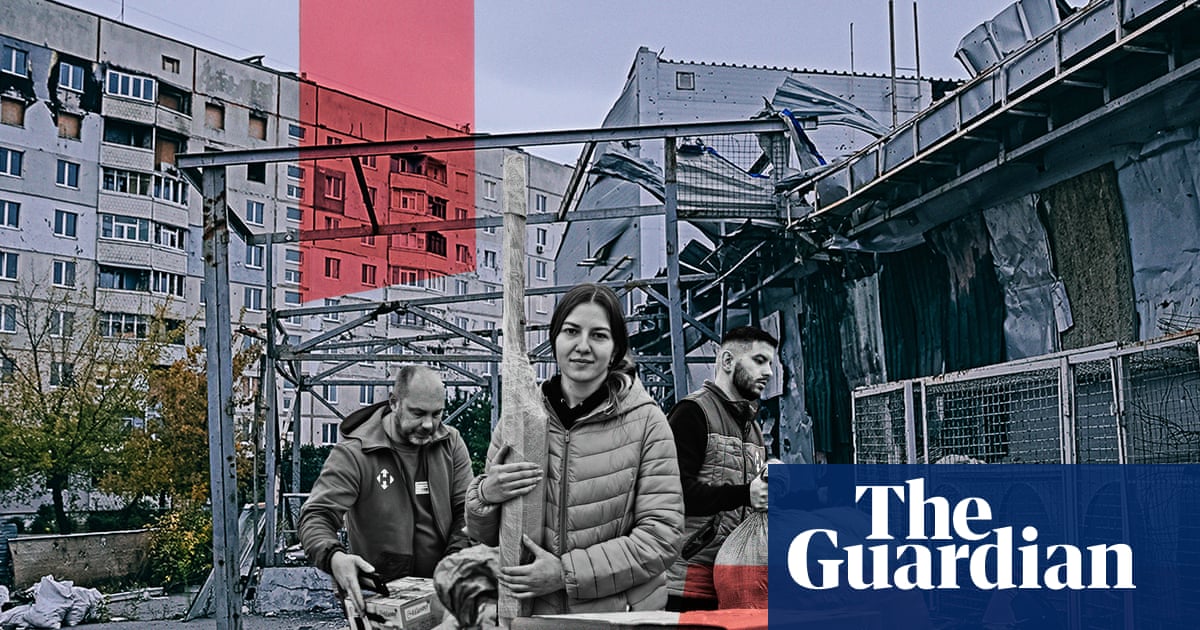A meeting between Keir Starmer and the Israeli president, Isaac Herzog, in London on Wednesday could not come at a more difficult time for either leader, and far from easing British-Israeli relations, the encounter risks setting them back yet further.
Once the meeting was in the diary there was a faint hope within Downing Street that the two men would at least listen to each other about their competing visions for Israel’s future, including a two-state solution to the Palestinian conflict, a vision Herzog once shared.
Now, at best, in the words of the former Middle East minister Alistair Burt, the two men will speak past each other when they meet in Downing Street, since ultimately they have two very different visions of how to achieve security for Israel.
Starmer still insists on a two-state solution in which Hamas does not rule, Palestinian elections are held within a year and the Palestinian Authority is reconstituted and becomes the long-sought partner for peace.
Herzog, a member of Israel’s Labour party, once agreed with this vision, but after Hamas’s attack on Israel on 7 October 2023 he, like most Israelis, appears to have lost all faith in Palestinian self rule.
That disagreement was reflected in how the two men responded to Benjamin Netanyahu’s attack on Hamas in Doha.
Starmer, like Donald Trump, condemned the attack as a violation of Qatar’s sovereignty. Herzog said the decision “to strike at the top leadership of Hamas terrorism is important and correct … In the face of terrorism and absolute evil, it is necessary to fight with determination and boldness in order to first and foremost bring about the release of the hostages and create a better future for us and our neighbours.”
It is Israel’s vision of that “better future” that Starmer will want to examine, including whether it means a Greater Israel and an annexed West Bank. The UK’s health minister, Wes Streeting, put it most pointedly, saying: “I think he should explain that, if it is not the intent of the government of Israel to perpetrate genocide or ethnic cleansing, how on earth does he think his Israeli government is going to achieve its stated aim of clearing Palestinians out of Gaza without the war crimes, without ethnic cleansing, or even without genocide?”
The concern is that for Herzog the distinction the UK makes between Hamas – that cannot form part of a new government in Palestine and must be disarmed – and a moderate, reformed Palestinian Authority with a fresh electoral mandate, simply no longer has any resonance.
Instead, recognition of a Palestinian state is seen as an inexplicable reward for Hamas and a betrayal of Israel by the British government, historically a once great independent ally, but now being led by the nose by the French.
Herzog is protected in his rejection of a two-state solution since he knows he is backed by the US state department, symbolised by its denial of visas to the entire PA delegation to the UN general assembly.
But what may concern some in the Israeli foreign ministry is not just the mood in a capricious White House, but also the trend in public opinion in Europe and parts of America as voters recoil at the destruction and death inflicted on ordinary Palestinians.
New Ipsos Mori polling released this week shows how far Israel’s methods have damaged its reputation.
Once “don’t knows” are excluded, 75% of the UK general public say Israel’s military actions in Gaza have gone too far, 13% say it is about right, and 11% say not far enough.
Among Labour voters, 80% think Israel has gone too far and 17% think Israel has got it abourt right or not gone far enough.
The British electorate says the Israeli government is most responsible for the war (23%), above Hamas (20%) in second and the US (3%) in third.
And 44% of people say the UK should recognise Palestine as a country, while just 13% say they shouldn’t, suggesting there is a strong base of support for the move.
However, 41% of people believe it won’t make any difference to resolving the conflict. Less surprisingly, since such questions are always likely to induce a negative response, the UK public think, by 49% to 10%, that Starmer has not done a good job on the Palestinian issue.
Most in Downing Street are focused on voters lost to Reform due to the small boats issue, but some are also watching what is happening on the left, and how Gaza is proving a ready recruiting sergeant for the nascent new Green-Jeremy Corbyn alliance. It is early days, but Gaza as much as welfare may well be the biggest barrier to the election of Starmer’s chosen favourite for the Labour deputy leadership, Bridget Phillipson.
That dynamic will not have been helped by statements this week from David Lammy, until last week the foreign secretary, that Britain had not determined that a genocide was taking place in Gaza, and there was no evidence that F-35 parts sold by the UK to Israel have been used in war crimes. On the Labour left it is almost a given that a genocide is taking place.
There have been some lone voices in the government willing to defend Israel’s displays of force. The UK ambassador to Washington, Peter Mandelson, endorsed the Israeli attacks on Iran’s nuclear sites, attacks that included efforts to assassinate Iran’s political leadership.
But it is not clear that Starmer, a human rights lawyer who has made upholding international law one of his guiding principles, holds such a sanguine view of violence as an adjunct to diplomacy, or of its effectiveness.

 2 months ago
63
2 months ago
63

















































